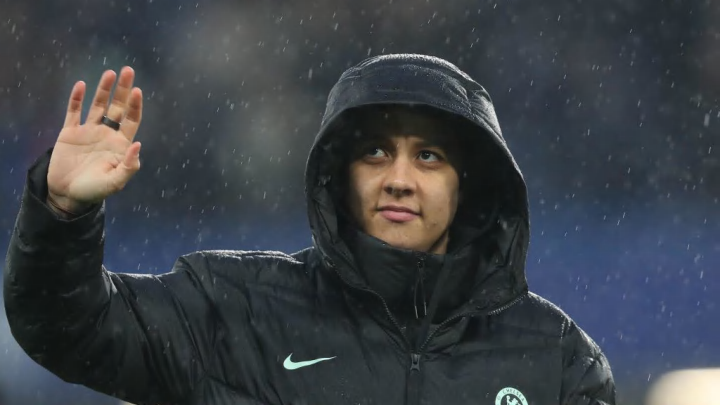Are pre-season tours doing more harm than good for women's football?

Arsenal and Chelsea head Stateside this summer for a couple of friendlies as part of their pre-season tour, ahead of next season's Women's Super League.
The Gunners will be based in Washington DC from 15-26 August, with games against National Women's Soccer League side Washington Spirit and reigning WSL champions Chelsea.
Alongside their clash with Arsenal, the Blues also travel to New Jersey to face NWSL winners Gotham.
Pre-season tours are nothing new, but their prevalence in the women's game has increased in recent years, sparking debate about the impact of the arrangement on players.
Pre-season tournaments are usually held in the summer of the upcoming season, and see clubs travel abroad to help give themselves exposure, and a chance for players to interact with fans.
They are also a major factor in allowing many big clubs to identify new target markets, and strengthen commercial relationships helping them to generate the financial benefits that make up a large part of the clubs annual income.
For example, it is estimated that Manchester United's men's team's 2019 tour of Australia generated an estimated $16.6m (£13.07m) from matches and promotional displays.
The upcoming trip to the US marks Arsenal Women's second trip overseas this year, after flying to Australia in May for an exhibition match against the A League Allstars in Melbourne.
This action saw the Gunners become the first women's team to take this step, which strengthened the growth and popularity of women's football.
Women's soccer saw a huge increase in popularity after the country hosted the Women's World Cup last year, so it's no surprise that the event brought out thousands of fans to help give greater exposure to the women's side of the game.
While the benefits of pre-season tours that put women's football on the world stage cannot be ignored, the timing of the matches has raised concerns about the welfare of the players.
This was seen recently when Arsenal's Alessia Russo was named in the squad for Australia, which saw her return to the UK just days before she was due to play in England's Euro qualifiers.
When the trip was first revealed, Lionesses manager Sarina Wiegman spoke of her concerns about the negative impact on teams, saying she was “surprised” and felt it was “wrong” with the players.
Speaking at a press conference he said: “I was surprised by that trip. I think that for all the players, who have an already complicated calendar, it is not good for them to go to the other side of the world.
“It's a very short time, we don't have time to get used to playing the game and then come back and fight for it. I can say to all the European players who will enter the qualifiers that is something that will be difficult for them to take, they did very well.”
In the end, Leah Williamson and Beth Mead were left out of the squad, a decision welcomed by England fans. However, the Lioness captain has spoken about the 'unsustainability' of organizing women's games in the past, and the need for it to improve.
He explained how the players run and eat badly due to busy schedules, and the frequency of playing increases the chances of serious injuries.

A growing number of players have suffered an anterior cruciate ligament while playing for their club at world level, including Chelsea striker Sam Kerr, and more recently Arsenal midfielder Victoria Pelova.
I am by no means saying that pre-season tours should be cancelled, as the profits of clubs, players and the wider growth of women's football speak for themselves, but FIFA and UEFA need to start taking planning seriously, and prioritize rest.
READ THE LATEST FOOTBALL NEWS, FEATURES AND ANALYSIS
Source link



